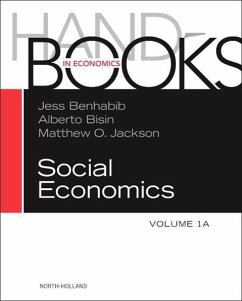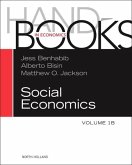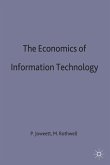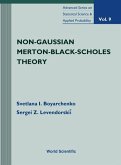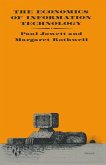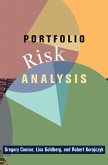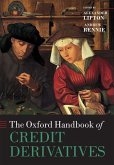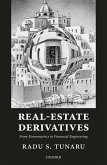How can economists define social preferences and interactions?
Culture, familial beliefs, religion, and other sources contain the origins of social preferences. Those preferences--the desire for social status, for instance, or the disinclination to receive financial support--often accompany predictable economic outcomes. Through the use of new economic data and tools, our contributors survey an array of social interactions and decisions that typify homo economicus. Their work brings order to the sometimes conflicting claims that countries, environments, beliefs, and other influences make on our economic decisions.
Describes recent scholarship on social choice and introduces new evidence about social preferences Advances our understanding about quantifying social interactions and the effects of culture Summarizes research on theoretical and applied economic analyses of social preferences
Hinweis: Dieser Artikel kann nur an eine deutsche Lieferadresse ausgeliefert werden.
Culture, familial beliefs, religion, and other sources contain the origins of social preferences. Those preferences--the desire for social status, for instance, or the disinclination to receive financial support--often accompany predictable economic outcomes. Through the use of new economic data and tools, our contributors survey an array of social interactions and decisions that typify homo economicus. Their work brings order to the sometimes conflicting claims that countries, environments, beliefs, and other influences make on our economic decisions.
Describes recent scholarship on social choice and introduces new evidence about social preferences Advances our understanding about quantifying social interactions and the effects of culture Summarizes research on theoretical and applied economic analyses of social preferences
Hinweis: Dieser Artikel kann nur an eine deutsche Lieferadresse ausgeliefert werden.

